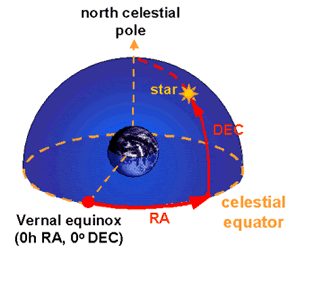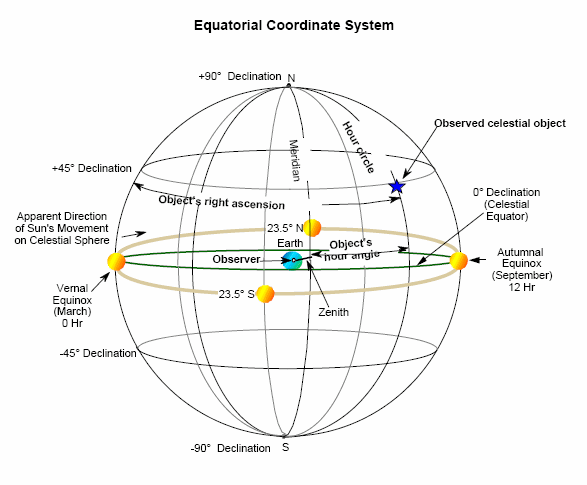I have been inclined to look at my Venus in Libra in such a light, but had honestly completely neglected my Aquarian Uranus towards that same end (in trying to stick to traditional astrology, I've largely neglected the outer band of planets in my studies). Upon further inspection, Uranus actually seems quite pronounced in my chart as a whole. Does that seem like an accurate assessment to you? As for Libra Venus its significance -although ostensibly high- does seem to be muted by a number of other chart placements from what I've heard from others (and this is seemingly backed up by life experience as well).
I am somewhat (!) ambidextrous with modern and traditional astrology. When in doubt, I'd look at both. It is hard to say what is "accurate" for you without knowing anything about you personally.
I don't know what are your views of Venus. In the 7th house, it is an indicator of a committed relationship being very important to you, whether you are in one at any given moment or not. Modernly Venus is in an intercepted sign, which can hamper its full and normal expression.
But keep in mind that Venus also rules the fine and performing arts, luxuries, esthetics, and young women in general. The Saturn-Venus opposition may make you feel that a good relationship (Venus) is not possible for you due to personal limations (Saturn,) but a good way to combine these two planets is through self-discipline, patience, and perseverance. Chiron in the 7th suggests your share of heart-break. If so, join the club.
With your NN conjunct Venus, your personal growth requires you to develop one or more traits associated with Venus.
Re: Mars/Mercury, are you suggesting that because there is a swap in domiciles here that these two otherwise (to my knowledge) conflicting planets are more likely to be harmonious with one another? I've never really looked into domicile swapping, but it seems very interesting (particularly if you see it as being an important aspect).
Mercury and Mars are in mutual reception. These two planets have no inborn conflict. I can think of all kinds of ways they could combine advantageously. Mercury rules the hands, along with one's mental abilities. Mars rules cutting instruments. This would be a great aspect for a surgeon.
What does Saturn mean for my bodily vitality? And why do you suppose modern astrology wouldn't take Saturn/Jupiter being in fall as seriously as it would other planets? Do you know how these differences in conception evolved? Intuitively, planetary dignities do seem to matter to me (interested in being proven wrong, however).
Saturn in the first can limit your vitality, but it has other kinds of expressions. Saturn rules the bones and teeth. It can confer troubles with them, such as crooked teeth or poor posture. Saturn tends to reduce or limit what it touches, so sometimes people with Saturn in the first are physically small-- but not always. With Saturn in Aries and Pisces rising, you may not feel very courageous.
Traditional astrology is all about dignities and debilities, as with this chart:
http://www.skyscript.co.uk/essential_dignities.html . Modern astrology tends to take a more optimistic view of human potential, and to focus on aspects.
You can choose either modern or traditional (or Vedic, for that matter.) These days I am a bit of a hybrid.
I have Jupiter in Capricorn in the 4th and I haven't found it to be a huge problem. It manifests as a love of old books, antiques, old houses, and certain brances of history. Possibly a lot of luck and good fortune has passed me by, but I think my life turned out OK, anyway.
I'm a bit confused with how Neptune and/or Jupiter become rulers of the first house, when Saturn is there. With regards to chart rulership, is that not determined by the degree to which certain planets are aspected by others in ones chart? I've only recently started paying any attention to overall planetary prominence, and it seems as though Uranus, Pluto, and my Sun stand out the most in mine (in that order).
One of the most important (and sometimes overlooked) techniques in astrology is to work with house cusp rulers. With Pisces rising, you can choose Jupiter, Neptune, or both. Then looking at where these planets are in the chart and what they are doing will give you a lot of information about the nature of your first house. "The house over which a planet rules serves the purposes of the house in which that planet stands."
A planet in its own sign is a
dispositor, meaning if you tour around the chart, looking for which planet rules which other planets, you generally wind up with domiciled planets having the final say. With planets in mutual reception, you get a 2-way dispositorship going.
And then a chart can change a lot depending upon which house system you use. Switch to whole signs houses, and Saturn moves to your second house.
The free charts section at Astrodienst
www.astro.com has a couple dozen different house options. You might enjoy playing around with them.
A planet with a lot of aspects is a chart focalizer but it's not necessarily Numero Uno in your horoscope. If you're interested in identifying your strongest planet, check out the "almuten" and "lord of the geniture" in the Skyscript glossary.
OK, so your Jupiter falls in Capricorn but it traditionally rules your ascendant. It rules your MC and appears in the angula 10th house. It closely sextiles your sun. Jupiter is in its own terms and sect (since you have a day chart.) So it's not doing too badly.
I did know that about the constellations, but had forgotten

. I suppose that would mean Regulus's having shifted into the constellation Virgo only has predictive relevancy in the sidereal tradition?
Check out Constellation of Words for a gold mine on fixed stars, including their current degrees in signs.
https://www.constellationsofwords.com/ Regulus was at 29 Leo in 1900 and 0 Virgo in 2000.
I don't know how private I am. I'm extremely prideful to the point where I will very rarely share with my closest of friends/family the depths of my suffering/seek out help (a predisposition that I sometimes feel will be the death of me), but conversely I am also very much open in another sense (something I've chalked up to my scorpio placements being offset by leo moon/libra venus). This fluctuation seems even more pronounced between my seeking-out/basking-in the limelight, while also finding extended periods of this to be incredibly draining and not reconcilable with my sense of true-self.
Thank you for your reply! Much to chew on.
Hey, no problem!
Keep in mind that the astrological human being is more like a committee or extended family of planets with different natures and goals. There are no unified human beings.




 . I suppose that would mean Regulus's having shifted into the constellation Virgo only has predictive relevancy in the sidereal tradition?
. I suppose that would mean Regulus's having shifted into the constellation Virgo only has predictive relevancy in the sidereal tradition?